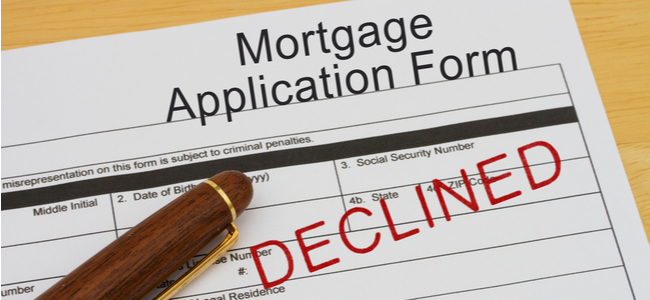The Top Reasons Why Everyone Needs An Estate Plan

Avoiding Probate
If you die without a will, you’ll trigger a legal process called probate, whereby an administrator is appointed by the government to verify your assets and oversee the payment of your debts.
You might also go through this process if you have a will, but it will be much simpler and easier and most importantly, it won’t take years.
Some families have to wait long periods of time while this process takes its course. During that time, close family members have no access to the deceased’s assets. Should this happen to your family, and if you find yourselves in financial hardship, know this outcome can easily be avoided.
A well-drafted will that lists all your assets and the individuals or organizations you’d like to leave them to, will remove any ambiguity from the status of your estate. It will also allow the executor of your will to settle any outstanding debts and initiate the inheritance process more quickly.
Reducing Estate Tax
Having a will is an essential part of estate planning but unfortunately, you will still need to plan strategically to minimize the estate tax that will cut into your beneficiaries’ inheritance.
Currently, married couples in the United States are entitled to transfer their estate tax exclusion benefits between themselves. This means that if one partner passes away, and the inheritance process does not use up all of their estate tax exclusion, the balance can be transferred to the surviving spouse. Moreover, it will count toward the exclusion of their own inheritance tax when they pass away one day.
If your combined assets are worth more than $10 million, you may want to consider setting up an AB trust or an ABC trust. By placing your assets in this type of structure, you can avoid the lengthy process and taxation that would be involved if the assets were in your personal name.
To Protect Minor Or Adult Beneficiaries
If your dependents are still children or teenagers, they are not in a legal and financial position to invest your assets wisely.
You will want to specify exactly how you would like your investments to be structured. This is in order to provide them with the maximum protection and to lay the groundwork for their financial futures.
Even if your children are over 21 years of age, they may have a difficult relationship with money or simply not be interested in managing their own investments. By selecting a safe but growth-oriented investment for your assets, you will save them the worry of having to make difficult money decisions at a time when they will be grieving your passing.
You can specify how you would like your cash, investments, and property to be invested after you pass away. Additionally, you can also appoint a CFP or broker to keep an eye on these important investments on your family’s behalf.




